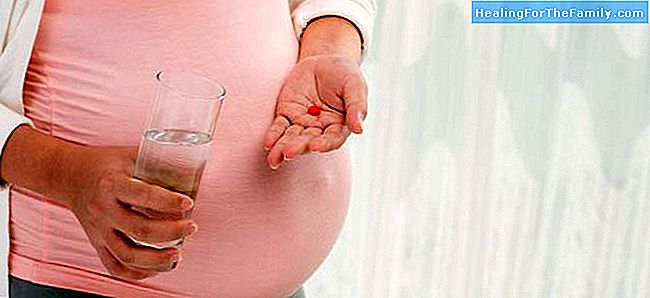Antihistamines in pregnancy
With the arrival of spring, allergy cases increase: rhinitis, respiratory difficulties, dermatitis. What happens if we are pregnant and have allergies? Can we take antihistamines to alleviate the discomfort they cause in pregnancy? Most antihistamines are contraindicated during pregnancy although th
With the arrival of spring, allergy cases increase: rhinitis, respiratory difficulties, dermatitis. What happens if we are pregnant and have allergies? Can we take antihistamines to alleviate the discomfort they cause in pregnancy?
Most antihistamines are contraindicated during pregnancy although they can be purchased without a prescription. During pregnancy, doctors recommend avoiding all types of medication that are not absolutely essential, especially during the first trimester.
Can antihistamines be taken during pregnancy?

Before the symptoms of allergy during pregnancy, it is advisable to consult with your doctor before taking any type of drug. Many of these drugs have not been tested in pregnant women, so the effects of their administration during pregnancy for both the baby and the mother-to-be are not really known, so their use is restricted unless strictly necessary.
There are times when there is a greater risk of not treating a patient than the effect that the treatment may have because of its possible negative effect when pregnant. Such is the case of the use of inhalers and bronchodilators.
Natural antihistamines to curb allergy symptoms
One option to alleviate allergies may be natural antihistamines, always consulting with the doctor prior to consumption:
1- The main oleic acid component of olive oil is a prophylactic agent against allergies.
2- To relieve the itching or nasal discharge fish oil and linoleic acid are used.
3- Nicotinic acid serves to alleviate pollen allergy.
4- Allergic rhinitis is used pantothenic acid.
5- Bronchial asthma and dermatitis are reduced with vitamin B12.
6- Vitamin C helps in cases of respiratory allergies.












